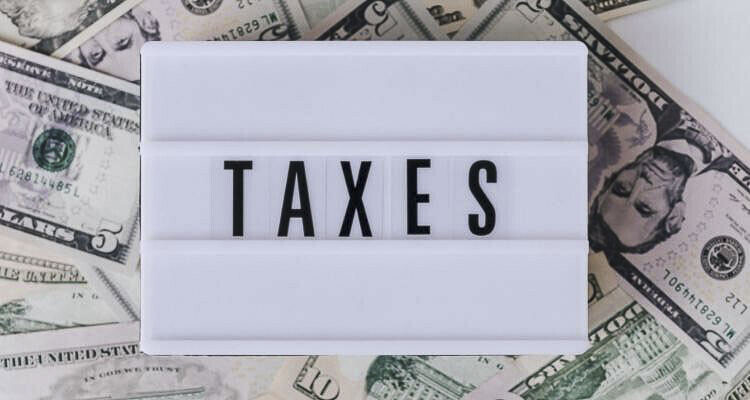
Exclusive: Michael Master urges feds to live within their means, like states and families do
Michael Master
WND News Center
Let’s pretend that the federal debt ceiling does not get increased – then what happens?

Well, all the hysteria will prove to be just that – hysteria. If Congress does not increase the debt ceiling, that just means the federal government cannot spend any more money than it receives in tax income and other revenue (a mere $4.9 trillion last year) – no more deficit spending, no more increases to the federal debt. It’s like how all the states operate now and how most families operate as well.
The federal government will be forced to cut spending, reduce the number of employees and curtail programs. So how is that a bad thing?
Democrats wrongly claim that the U.S. will default on its debts (paying interest on Treasury Bonds) if the debt ceiling is not raised – but that is just another Democratic scare tactic, like so much of what Democrats claim.
Interest payments for the debt are part of the federal budget. So if interest payments are included in a budget that has no more spending than the amount of taxes collected, then there is no default. Again, that is how all states are forced to do it. That is how most families do it, especially with interest payments on mortgages and on credit cards. It’s called fiscal responsibility, living within our means.
So why isn’t the federal government already doing that? Because politicians are not fiscally responsible by definition. They are like teenagers, fiscally irresponsible teenagers, like those students who take out too much in loans to go to college instead of attending colleges that are within their means.
Right now, the federal debt is more than $31 trillion, while annual GDP is around $25 trillion in 2022. (Note that that figure is as high as it is mostly due to high inflation.) So the federal debt is 125% of annual GDP, higher than at any other time in American history, other than the pandemic year of 2020. How is that a good thing?
Federal government spending has traditionally been about 18% of GDP. Sometimes more during times of crisis like World War II, Vietnam, the 2000 dot-com crash under Clinton, the 2008 financial crisis under Bush and 2020 COVID under Trump. Sometimes it’s less during times of prosperity.
The Biden/Democrat omnibus recently passed will increase that to almost 30% of annual GDP with this last budget (including 7,500 earmarks) and the next proposed budget. That’s 30% vs 18% – almost 70% more than normal. The national debt could climb to 160% of GDP under Biden. And now the White House press secretary says that the White House will not negotiate increasing the debt ceiling.
At 30%, the combination of federal spending plus local/state spending (about 20% of GDP) will be more than half of GDP, kind of like in communist countries, like what is already happening in California and New York.
Federal, state and local governments will control more than half of the USA economy.
The deep state and SEIU/Democrats like that since it provides more money for government workers, more Democratic voters as the number of government employees increases, more dependency on government and more money to expand government programs. But how is that a good thing for average working Americans? How is that a good thing for the health of the republic? How will that help make America great again?
Michael Master’s latest book is “Trump the Disrupter.” His previous books are “Save America Now!” and “Rules for Conservatives.”
Also read:
- Opinion: OIC tells consumers not to pay for ‘insurance’ you won’t likely benefit from: Does that include WA Cares?Elizabeth New (Hovde) of the Washington Policy Center believes you should consider yourself warned by the Office of the Insurance Commissioner about WA Cares and its maybe-only benefit.
- Opinion: Same road, different speed limit?Target Zero Manager Doug Dahl addresses a question about speed limit signs going into and leaving town.
- Opinion: Hiding the growing cost of the Interstate Bridge replacementJoe Cortright of the City Observatory addresses the rising cost of the Interstate 5 Bridge replacement project.
- Letter: ‘This election I am NOT voting for Greg Cheney’Clark County resident Wynn Grcich shares her thoughts on Rep. Greg Cheney and the issue of fluoridation in area drinking water.
- POLL: Should biological males who identify as females be allowed to compete in athletic events against biological females?Should biological males who identify as females be allowed to compete in athletic events against biological females?










